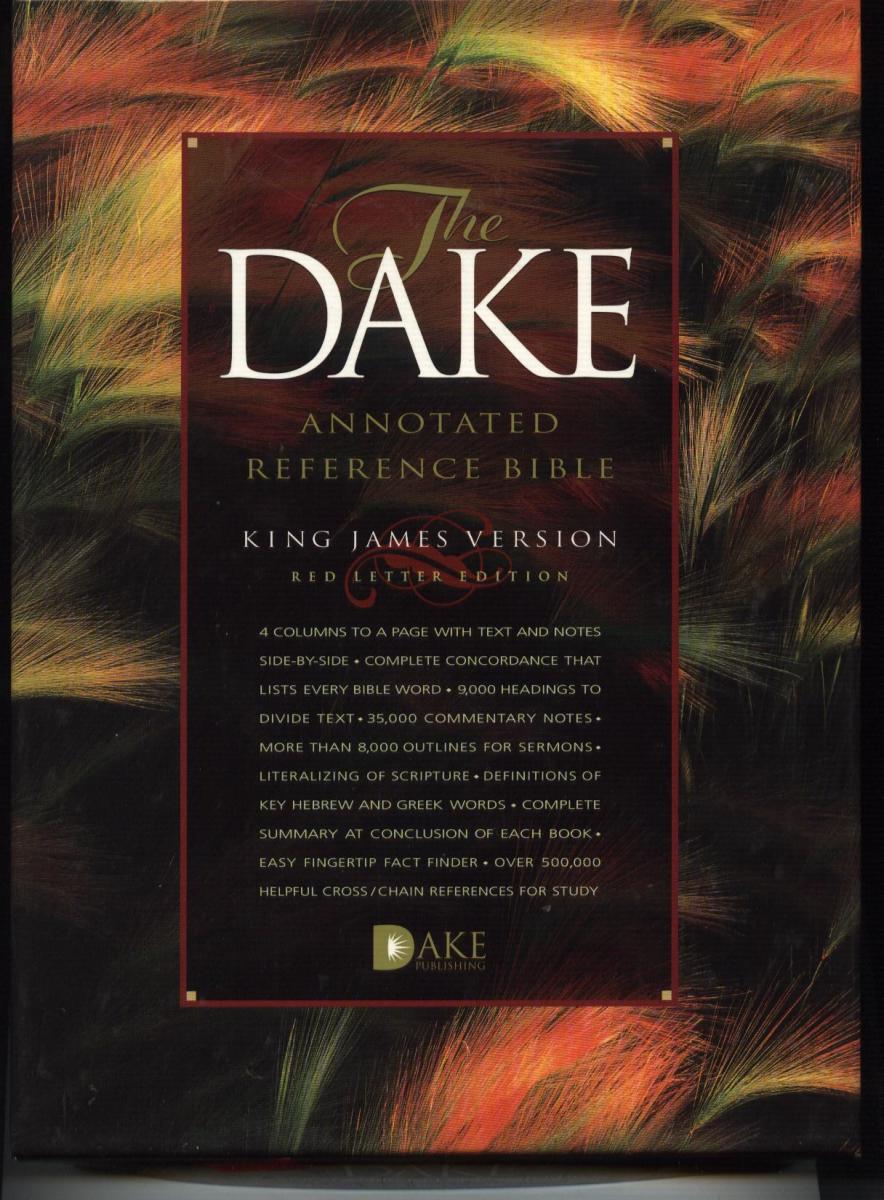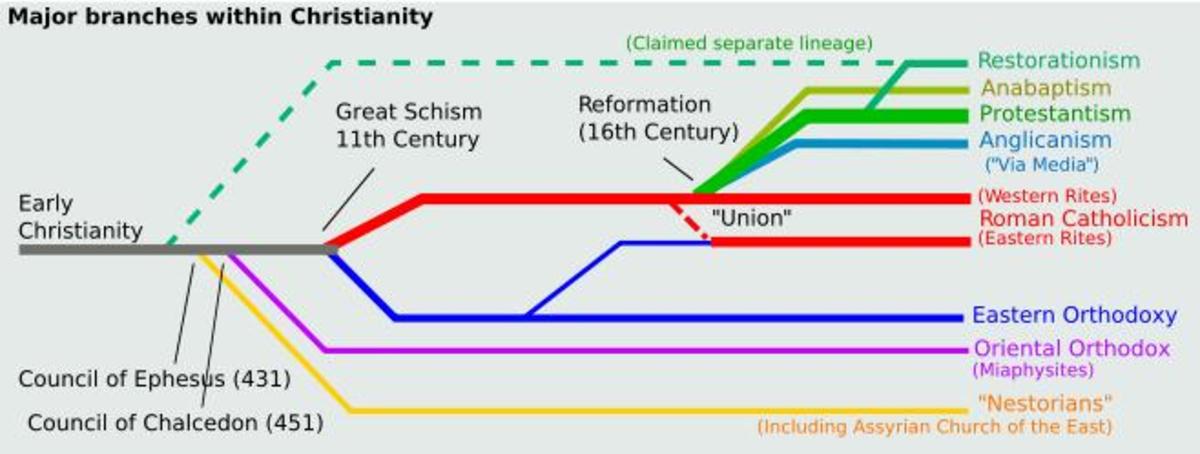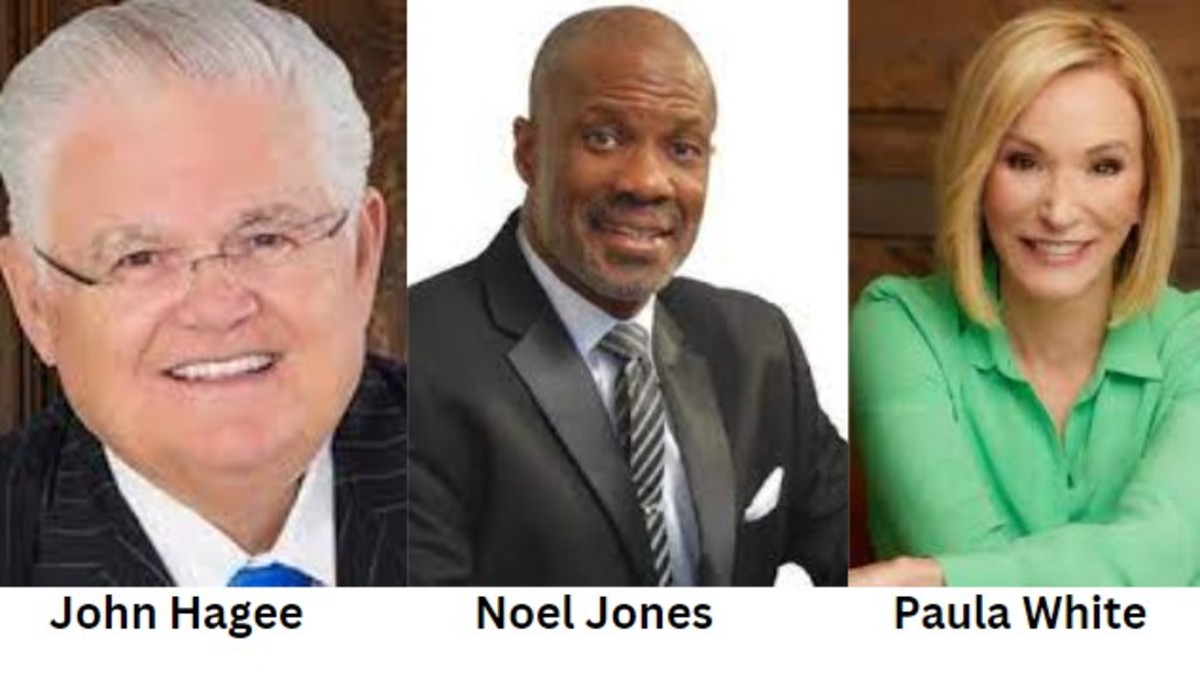How should the Christian church respond to homosexuality?
Poll
What should be the message from the Christian church to the homosexual community?

Overview
How do we as a church deal with the topic of homosexuality? Where is God leading us as we deal both intellectually and socially with this issue? Over time, we've seen responses that range from permissive to violent from those who claim to be followers of Christ. Why is that? Is the Bible really that confusing where this issue is concerned? I do think that most of us read the Bible looking to support something we already believe to be true. We can bump into a single verse that seems to communicate what we want to hear and walk away saying to ourselves, "Case closed." But maybe the Bible should be studied in a more wholistic manner rather than focusing on each piece separately.
The Christian church is fairly polarized on this issue, with some who preach condemnation and others who preach acceptance. But, I don't believe that the message of the Bible is on either extreme. Instead, the Bible itself gives us a balanced approach which follows the balanced nature of God Himself. Two laws that seem diametrically opposed both are able to peacefully coexist, intricately woven into the nature of God: justice and grace. They are so tightly connected that we should always view one in light of the other. I believe that this issue of homosexuality must also be viewed from both prisms, otherwise we will have a skewed perspective which could cause us to act in a way that is in opposition to God's will for us.
So, let's examine what the Bible has to say about homosexuality and do our best to discern together what our response should be as a church.
A Common Standard
According to multiple passages in the Old and New Testaments, homosexual behavior is sin. But before we consider that, I think the first and most important thing to examine is what God says about sin in general. We know everyone is guilty of sin (Romans 3:23); none of us can claim that we have been good enough to deserve to go to heaven on our own. A single sin is enough to condemn us, and it doesn’t matter which sin it is. We are reminded by the verse below that Jesus paid for all types of sin—every form of disobedience.
“But if we are living in the light of God’s presence, just as Christ is, then we have fellowship with each other, and the blood of Jesus, his Son, cleanses us from every sin.” (1 John 1:7) NLT
So how does homosexuality fit into this? Many of us are confused about what homosexuality really is. The secular world wants us to believe that homosexuality is an identity—that it’s who you are. Even some of us in the church have followed their lead and have adopted this way of thinking. We may think of homosexuality as a label that defines the person. But the Bible teaches that homosexuality is not who you are but rather what you do (or what you have done). According to Jesus, your identity is defined one of two ways: before salvation and after salvation.
“Jesus told them, ‘If God were your Father, you would love me, because I have come to you from God… Why can’t you understand what I am saying? It is because you are unable to do so! For you are the children of your father the Devil, and you love to do the evil things he does...” (John 8:42-44) NLT
From Jesus’ perspective, we are either identified with God if we are saved or the Devil if we are not saved. A person is not defined by their sin but rather by who their “father” is. When we are saved, God adopts us into His family and we become children of God, heirs of eternal life. Jesus came to "adopt" all men regardless of their spiritual condition at the time. Many of us know that but are unable to mentally apply that truth to those who have lived in homosexuality. And yet nowhere in the Bible does it stipulate that your salvation is contingent on you cleaning yourself up first. Even Paul struggled with recurring sin in his life.
“When I want to do good, I don’t. And when I try not to do wrong, I do it anyway.” (Romans 7:19) NLT
I’ve heard many people teach that homosexuals must stop sinning in order to be saved, but holiness is not something we just choose and go implement without God's help. We can't be holy on our own. It’s based on the ongoing work of God in our lives as we lean into Him relationally! When Jesus called his disciples, he didn’t demand that they stop sinning in order to follow Him. The life change they experienced was because of their relationship with Him. We choose to follow first! Then change will happen over time. Sin should never be encouraged or swept under the rug. It always brings consequences and it dishonors God who sent His son to save us. We should partner with God to rid ourselves of it over time. But as we are in the process of doing that, amidst the struggles there must be grace for our failures. The church should not present a double standard when it comes to salvation (or the grace of God, for that matter). There’s only one path to righteousness, and it’s the same for everyone.
The Legacy of Sodom
Many Bible teachers use the story of Sodom and Gomorrah to show that God in fact hates homosexuality so much that he was willing to destroy two entire cities over it. This certainly seems reasonable based on the text in Genesis. But there's a rarely discussed background detail related to this story that makes clear the full scope of God's frustration with Sodom. The story begins with two angels meeting Abraham’s nephew, Lot in the city of Sodom. He insisted that they stay at his home for the night. They had a great time! Until…. [cue sinister music]
“After the meal, as they were preparing to retire for the night, all the men of Sodom, young and old, came from all over the city and surrounded the house. They shouted to Lot, ‘Where are the men who came to spend the night with you? Bring them out so we can have sex with them… Then [the angels] blinded the men of Sodom so they couldn’t find the doorway. ‘Do you have any other relatives here in the city?’ the angels asked. ‘Get them out of this place—sons-in-law, sons, daughters, or anyone else. For we will destroy the city completely. The stench of the place has reached the Lord, and he has sent us to destroy it.’” (Genesis 19:4-5, 11-13) NLT
So here we have an entire city of men wanting to sleep with two angels. Suddenly God is going to destroy the city. Clearly God is so upset with their homosexuality that the entire city must go. That may be the impression we get from the account in Genesis, but that’s not the whole story. Ezekiel gives us more detail into what happened to Sodom.
“As surely as I live, says the Lord, Sodom and her daughters were never as wicked as you and your daughters. Sodom’s sins were pride, laziness, and gluttony, while the poor and needy suffered outside her door. She was proud and did loathsome things, so I wiped her out, as you have seen.” (Ezekiel 16:48-50) NLT
God was unhappy with Sodom for many reasons. As an entire city, they were doing things that made God unable to bear it any longer. While clearly homosexuality was on the list based on the account in Genesis, it wasn’t explicitly named on Ezekiel’s list at all. This doesn’t minimize or excuse the sin of homosexuality, but I think it does put it in its proper perspective. God hates all sin. While some sins have greater or more lasting consequences, no sin is excusable and no sin is irredeemable.
The Bottom Line
So what does the Bible say about homosexuality, and what is the bottom line? Many have asked "Is it wrong to be gay?" Let's briefly examine some key verses related to this topic. The verse below is taken from the Mosaic Law given to Moses at Mount Sinai. We are no longer under the law and the legal consequences of this act are not applicable anymore, but we do see that homosexuality is not accepted by God. In fact it was one of the offenses that would result in death.
“The penalty for homosexual acts is death to both parties. They have committed a detestable act and are guilty of a capital offense.” (Leviticus 20:13) NLT
Other examples of offenses in this same chapter that also resulted in death under the law are:
- Anyone who curses their father or mother (died)
- A man who commits adultery with another man’s wife (both die)
- A man who has intercourse with his father’s wife (both die)
- A man who has intercourse with an animal (both die; very sad for the animal all the way around)
The death penalty was not something set aside for homosexuality specifically. It was used for several other sins as well.
In the New Testament, Paul makes it clear that homosexuality is a sin, just as theft, greed, and adultery are sins.
“Don’t you know that those who do wrong will have no share in the Kingdom of God? Don’t fool yourselves. Those who indulge in sexual sin, who are idol worshipers, adulterers, male prostitutes, homosexuals, thieves, greedy people, drunkards, abusers, and swindlers—none of these will have a share in the Kingdom of God. There was a time when some of you were just like that, but now your sins have been washed away, and you have been set apart for God…” (1 Corinthians 6:9-11) NLT
The key to understanding this passage is not stopping in the middle. Otherwise we might think that people who do these things have no hope! But that is not the intent here. The labels that Paul uses here are for those who are not followers of Jesus. He does not consider a follower of Jesus to be in this list, not because we’re perfect now but because we have been forgiven. We were declared to be righteous even though we still sin. And over time, God removes the sin in us as we submit to His authority and lean into Him relationally. The important point in the verse as it relates to homosexuality is that it is sin like other sins. It is not unforgiveable any more than stealing or adultery.
It seems foolish to think that God is unable to love a person because of their sin knowing what Jesus did on the cross for all of us. God certainly despises their sin just as He does yours and mine, but He loves all of us anyway. He doesn't wait for us to clean ourselves up completely in order to begin a relationship, regardless of what it is that we've done. As followers of God, shouldn't we follow His lead? Maybe we should love them too, despite their sin, as we were loved despite ours. Maybe we should respect them, pray for them, and guide them to Jesus. If we can’t do that, I think we should ask ourselves why. Are we in a position to decide for God who is worthy of His forgiveness?
Over and over I’ve heard stories of homosexual men and women who followed God, chose to identify with Him rather than the label they’ve always worn, and have since found joy and fulfillment in heterosexual relationships. There are many Christians who stepped out of their homosexual patterns and still fight same-sex-attraction urges. Fighting is a huge step. Those who are moving in God’s direction will need someone to come alongside and support them as they re-learn how to be connected with another human being the way God intended. Who will do that? The secular world? Rather than pretending it doesn’t exist or despising them for being sinners (like we were), we should encourage them and pray for them. Struggling homosexuals deserve be treated the same as struggling adulterers, struggling liars, struggling addicts... Don't we all struggle with some sin? They certainly need accountability like we all do. But it should be done with love and respect, not judgment and scorn. Jesus died for them too, after all.








